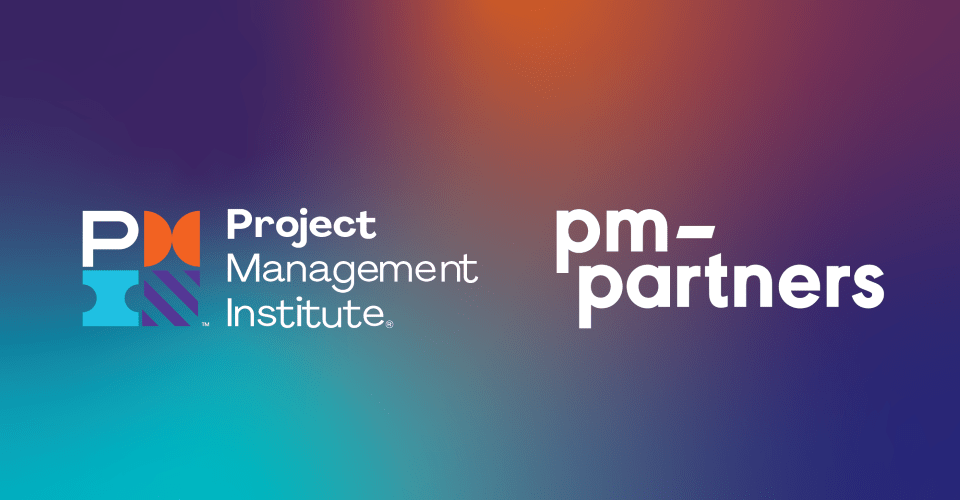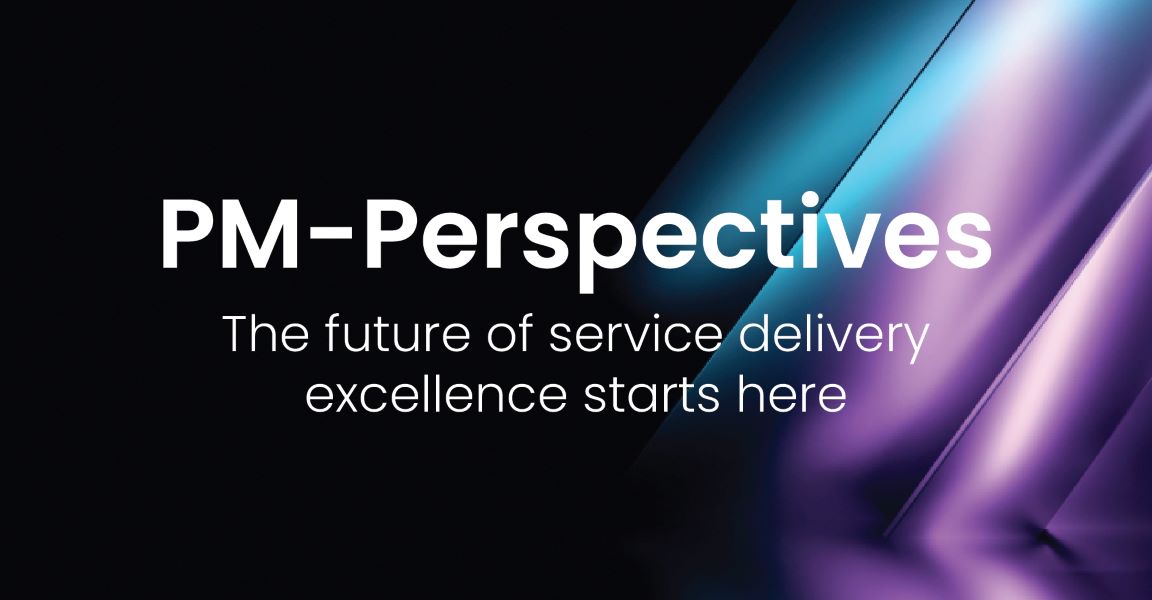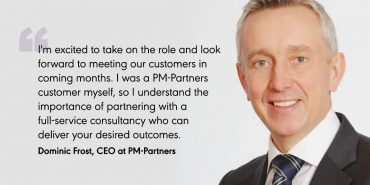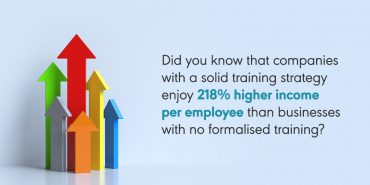Artificial intelligence in project management: trends and forecasts

From voice activated devices to collision-avoidance in cars, there is artificial intelligence at work everywhere you look.
The world we know is changing and we are all being challenged to adapt structures and working practices to the new realities. “AI” is making a major impact and transforming the field of project management which is helping teams make smarter decisions and becoming more efficient.
ROBOTICS
When Australian robotic technology company Fastbrick Robotics Limited first came on the scene with its bricklaying robot in 2015, few knew CEO Mike Pivac first had the idea of a mobile dynamically stabilised robot in 1994.[1]
Today they are working with construction giant Caterpillar to bring to the wider market a robotic bricklaying machine called Hadrian X, slated for full production this year. If successful, this robotic machine matching the output of two human bricklayers[2] will completely transform the way construction projects are scoped and managed.
Robotics are making a big impact across other industries as well, with similar implications for project management. Canadian Professor Mary Ludden of Northeastern University Toronto predicts a new definition of cross-functional team:
“We used to define cross functional teams, or integrated teams, as being comprised of individuals who were matrixed to a variety of functional managers. But, what if cross-functional teams will now refer to a blend of humans and robots?… What if you could leverage intelligent process automation (IPA) to assign routine project tasks to robots and assign the more critical, complex tasks to your human project team members?”
PROJECT COMPLEXITY
Algorithms and models are already advancing the art and science of project management. Their use and precision will only accelerate in the future.
Could AI-powered decision support systems and automation make more of your projects successful by reducing costs and mistakes, analysing risks, making things more efficient and keep things on time and on budget? According to Lance Olsen, director in Microsoft’s Cloud AI team, AI has the potential to eliminate the need for time and resource buffers, which in turn makes companies more agile and competitive. [3]
Take predictive project analytics, which is replacing basic project analytics. Deloitte found a strong correlation between project complexity and project outcomes following an in-depth review of recent research on project success rates and factors. More complex projects fail more often. [4] AI can help manage uncertainty by using machinery to process large amounts of data, but it also has the potential to tackle the complexity of outcome predictions in new and different ways. This can allow businesses to accomplish more at a lower cost with higher confidence.
THE PM SKILLSET
AI will shift the expectations of project managers away from “command-and-control” and toward breakthrough innovation, which requires far higher degrees of emotional intelligence, change management skills and other, more human-only competencies.
In other words, what happens when technology has the potential to turn bots into low tier project managers? How will it change the current project manager role as we know it?
AI should not be feared as we should consider the new emerging project manager role as “a coach, standing on the sidelines and making the tactical changes to the automated team that operates on the playing field of execution”.[5]
Studies have shown that project managers spend more than half their time on administrative tasks.[6] With AI becoming more prevalent in project management tools and technology, this minimises the time spent on manual input for administrative tasks such as scheduling, reminders and follow-ups, etc., which in turn increases the time for project managers to focus on their deliverables.
FINAL THOUGHTS
The book on AI is still being written, and how we adapt to and use AI will evolve as well. At its best, AI holds the promise to unlock a more creative future of work, one based on our unique human assets of creativity and emotional intelligence, not rote, repeatable tasks.
[1] https://www.fbr.com.au/view/our-story [2] https://www.businessinsider.com.au/caterpillar-fastbrick-option-one-armed-bricklaying-robot-2018-7 [3] https://www.cio.com/article/3245773/project-management/how-ai-could-revolutionize-project-management.html [4] https://www.google.com/url?sa=t&rct=j&q=&esrc=s&source=web&cd=4&ved=2ahUKEwjquKraidroAhWZxjgGHWoNA4YQFjADegQIBRAB&url=https%3A%2F%2Fwww2.deloitte.com%2Fcontent%2Fdam%2FDeloitte%2Fca%2FDocuments%2Frisk%2Fca-en-ers-predictive-project-analytics.pdf&usg=AOvVaw01pmEbMHYTXM74642fQ6gT [5] https://www.oracle.com/us/products/applications/technology-driven-future-pm-4070533.pdf [6] https://www.forbes.com/sites/cognitiveworld/2019/07/30/ai-in-project-management/#58a5740fb4a0








